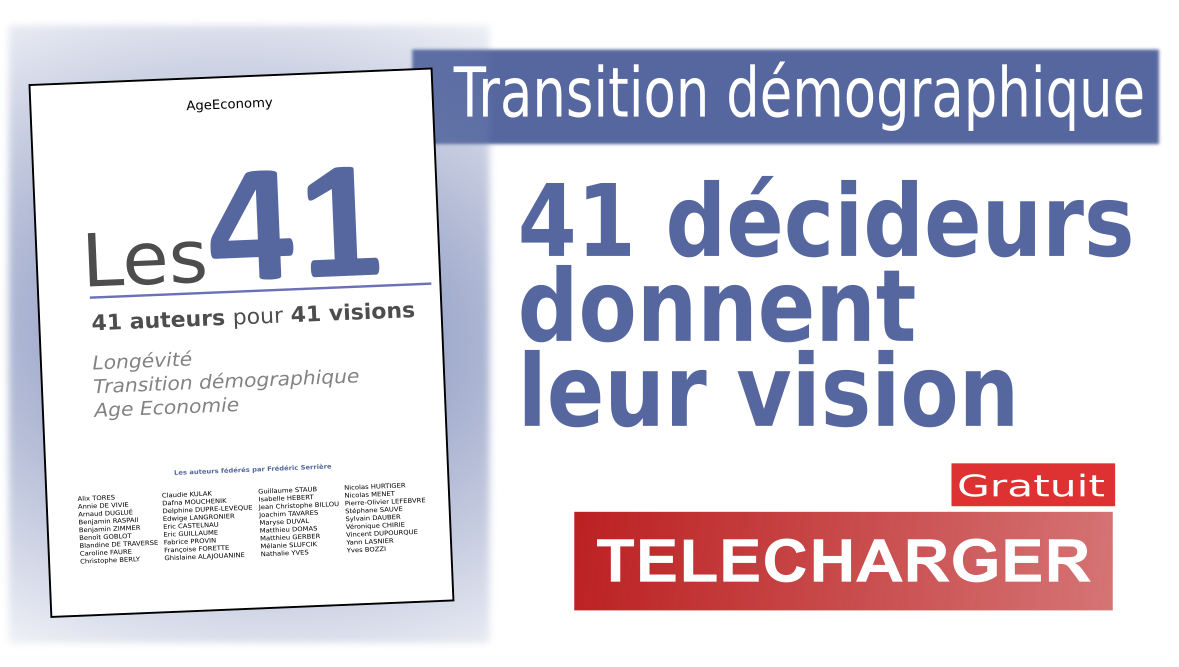As the number of individuals with Alzheimer’s disease continues to climb nationwide, caregivers of those with this brain disorder feel that they are shouldering an enormous responsibility, but that effective support services and better communication with physicians can help, according to a survey commissioned by Novartis Pharmaceuticals Corporation in conjunction with the Alzheimer’s Foundation of America (AFA).
The online survey, undertaken by Harris Interactive Inc., revealed that the vast majority of caregivers (81 percent) sometimes feel overwhelmed by their loved one’s condition. Moreover, 68 percent worry that there would be no one to care for their family member if they were not around.
The results highlight how support can lighten the burden for Alzheimer’s caregivers. Among the respondents who have joined support groups, the majority said support services have improved their daily life. They cited support groups and educational conferences and workshops as the most effective types of services.
However, caregivers believe that better communication with physicians would assist them further. While family caregivers overall were somewhat satisfied with the doctor-caregiver relationship and described a high level of cooperation about treatment decisions, they said that more information about disease progression, treatment options and caregiving tips in particular would have been helpful at the time of diagnosis.
Only half of those surveyed felt that the doctor explained treatments « very well, » and fewer than half, 48 percent, believed they were told about all available medications. Regarding treatment choices, caregivers said that they were most interested in efficacy of medication—more so than other issues such as potential side effects and dosages.
« We participated in this survey as part of our mission to ensure that caregivers’ needs are met, » said Eric J. Hall, AFA’s chief executive officer. « It’s clear that education and social services are the keys to mitigating the devastation of this disease. Families should take advantage of the wealth of available resources in their communities. »
On an ongoing basis, Hall has urged caregivers to call AFA’s national toll-free hotline—866-AFA-8484—to receive counseling, educational materials and referrals to AFA member organizations and other agencies nationwide that offer hands-on services. They can also order a free resource kit, produced by Novartis, on AFA’s website, alzfdn.org.
More Americans are taking on the role of Alzheimer’s caregivers as the nation’s aging population sparks an increase in the number of Alzheimer’s cases. An estimated one in ten Americans aged 65 and older and half of those 85 and older suffer from this progressive disease, and approximately 70 percent of the estimated five million Americans with Alzheimer’s are cared for at home by family or friends.




